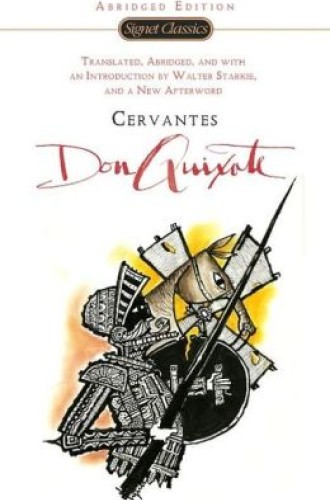A man forgiven
I once spent a miserable winter in a magnificent house in Paris. Never are we more susceptible to the vagaries of fate than when we have convinced ourselves that there is such a thing. Fate, I mean. An explicit and exotic destination when I was nearly overcome with aimlessness, a rent-free house right next to the Luxembourg Gardens, four glorious months in which to write poems: What could go wrong?
Rats, for one thing, which seethed in the walls like something out of Céline. French, next, which simply would not condescend to exist on my Texas tongue and thus sealed me in a cone of loneliness and despair like . . . something out of Céline. And finally, futilely, there was poetry, which proved to be even more elusive than French.
Months passed. Or didn’t pass so much as freeze around me. It has been my experience that faith, like art, is most available when I cease to seek it, cease even to believe in it perhaps, if by belief one means that busy attentiveness—that purposeful modern consciousness—that knows its object.
One morning instead of sitting down to rage at a blank page, I grabbed a copy of Don Quixote (the Walter Starkie translation) from the bookshelves. I looked up three days later, and the ice of time had cracked. Just like that, the poems began to come. It was the tone that freed me, as if some existential key had been slipped into the lock of my soul. People tend to think of Don Quixote as a comic novel, and it certainly is, but underneath its ironic and sardonic surface, which is to say underneath the mad and antic character of Quixote himself, there is a current that is quiet, constant, and heartbreakingly sane.
For a month I hardly slept, hardly left the house. The onslaught ended with a comical confrontation with God. Literally: the character I had invented (the character who was inventing me) finally demands that God make an appearance and account for himself. God declines. And yet, though I was still a few years from making a conscious return to Christianity, I can see now that it was while reading Don Quixote that wretched winter in Paris, in that rat-walled redoubt of loneliness and silence, that the real movement in my heart began. “And some say he smiled like a man forgiven” is a line from the last page of that long poem. And I did. And I was.





